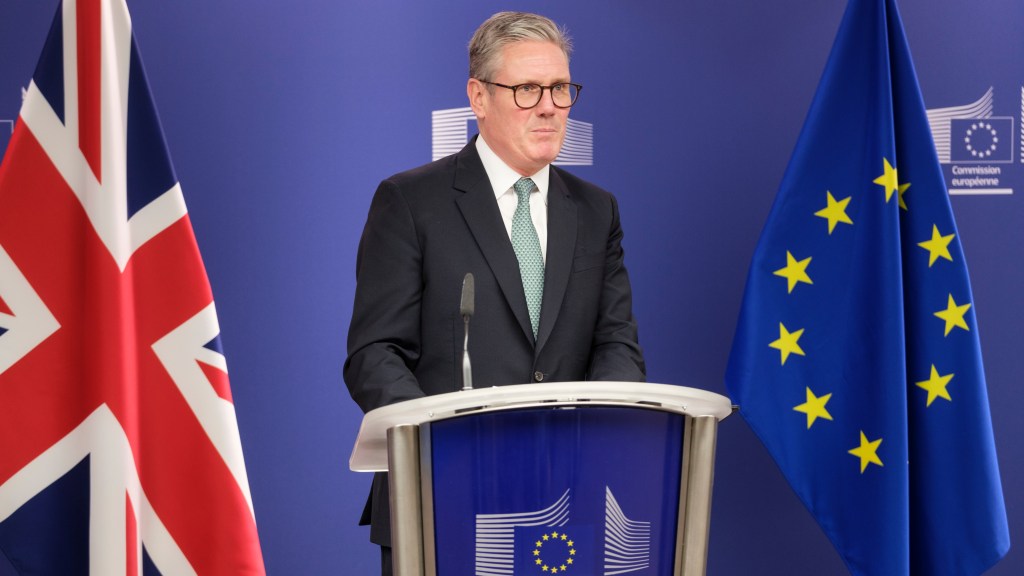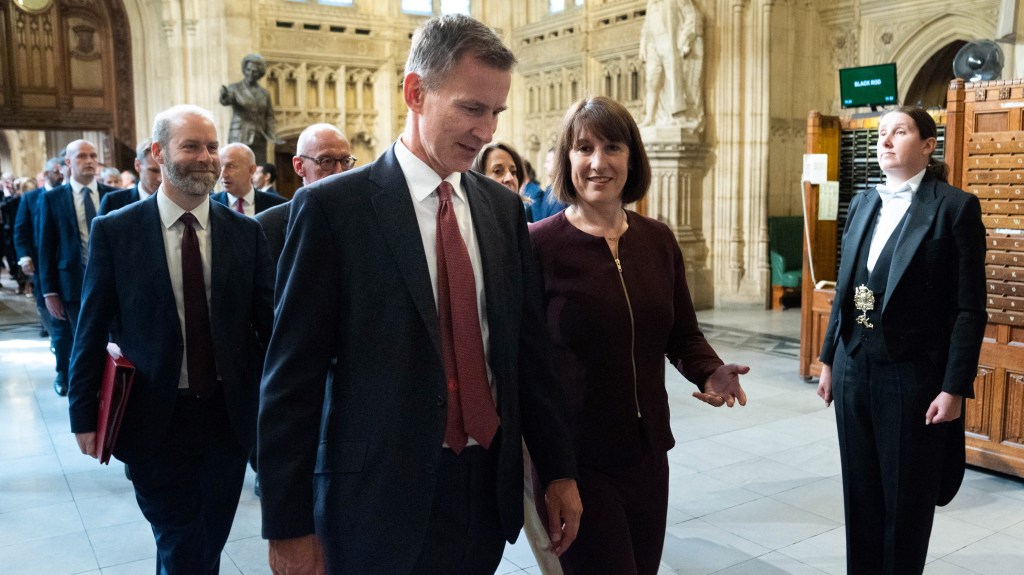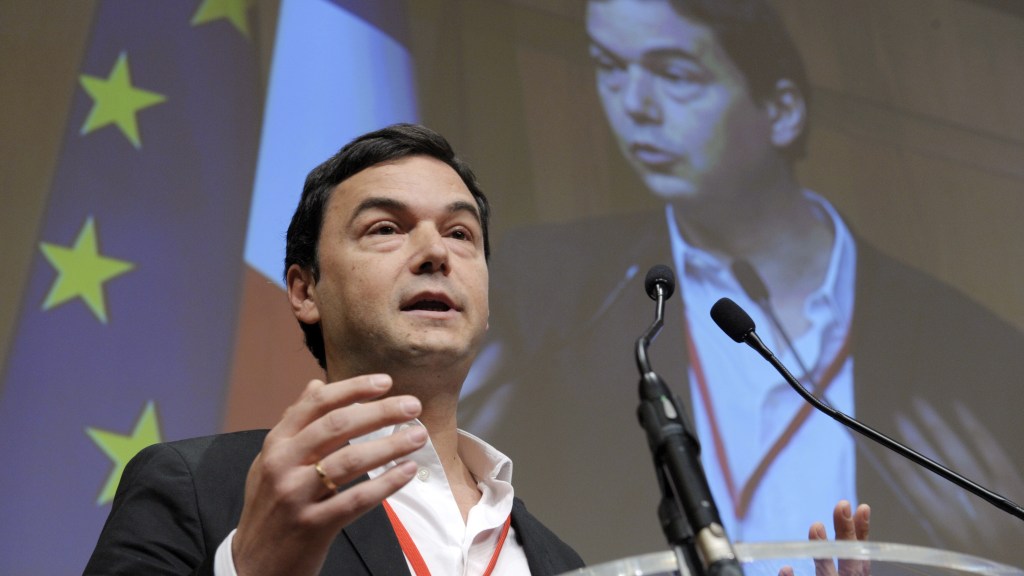One-Third of UK Businesses Urge for Brexit Regulation Cuts
Nearly a third of businesses in the UK are advocating for government action to ease Brexit-related regulations and streamline trade processes.
A recent survey conducted by Santander revealed that around 74 percent of businesses hold a positive outlook on growth over the next three years, with 36 percent expressing a «very confident» stance compared to only 22 percent last year.
This demonstrates a rising sense of optimism among small and medium-sized enterprises as the effects of inflation begin to wane.
Despite this optimism, a significant number of respondents indicated specific areas where government support could bolster their international trade efforts.
Specifically, 31 percent of companies expressed a desire to see a reduction in post-Brexit regulatory hurdles, which include customs processes, securing appropriate trading licenses, and enhancing mutual recognition of professional qualifications throughout Europe.
Since leaving the European Union in January 2020, the UK has introduced numerous trade regulations affecting goods from abroad, such as border checks, customs declarations, and health certifications.
There have been various adjustments and delays related to the Windsor Framework, a legal agreement established post-Brexit that modifies the Northern Ireland Protocol. A notable delay concerns business-to-business parcels, originally set for changes in October but postponed until March next year, where customs protocols will be applied for the first time.
Businesses surveyed also emphasized the need for government assistance in establishing mutual recognition of standards and qualifications across Europe.
The Labour Party’s election manifesto indicates that enhancing the recognition of qualifications will be a priority to strengthen the UK’s trading relationship with the European Union.
The EU-UK Trade and Co-operation Agreement includes provisions for negotiating Mutual Recognition Agreements (MRA) on a sector basis, which could theoretically ease the recognition process for workers transitioning between the UK and Europe.
However, the European Union has only managed to finalize one MRA with a non-EU nation—Canada—allowing for semi-automatic recognition for architects, which took two years of negotiations.
In contrast, the UK has entered into several MRAs with non-EU countries, such as an agreement with New Zealand that permits auditors from both nations to have their qualifications recognized mutually in each country. Additionally, about 25 percent of businesses stated they require more government support in identifying new customers, business partners, and suppliers, while 24 percent expressed the need for assistance in recruiting qualified staff within the UK.






